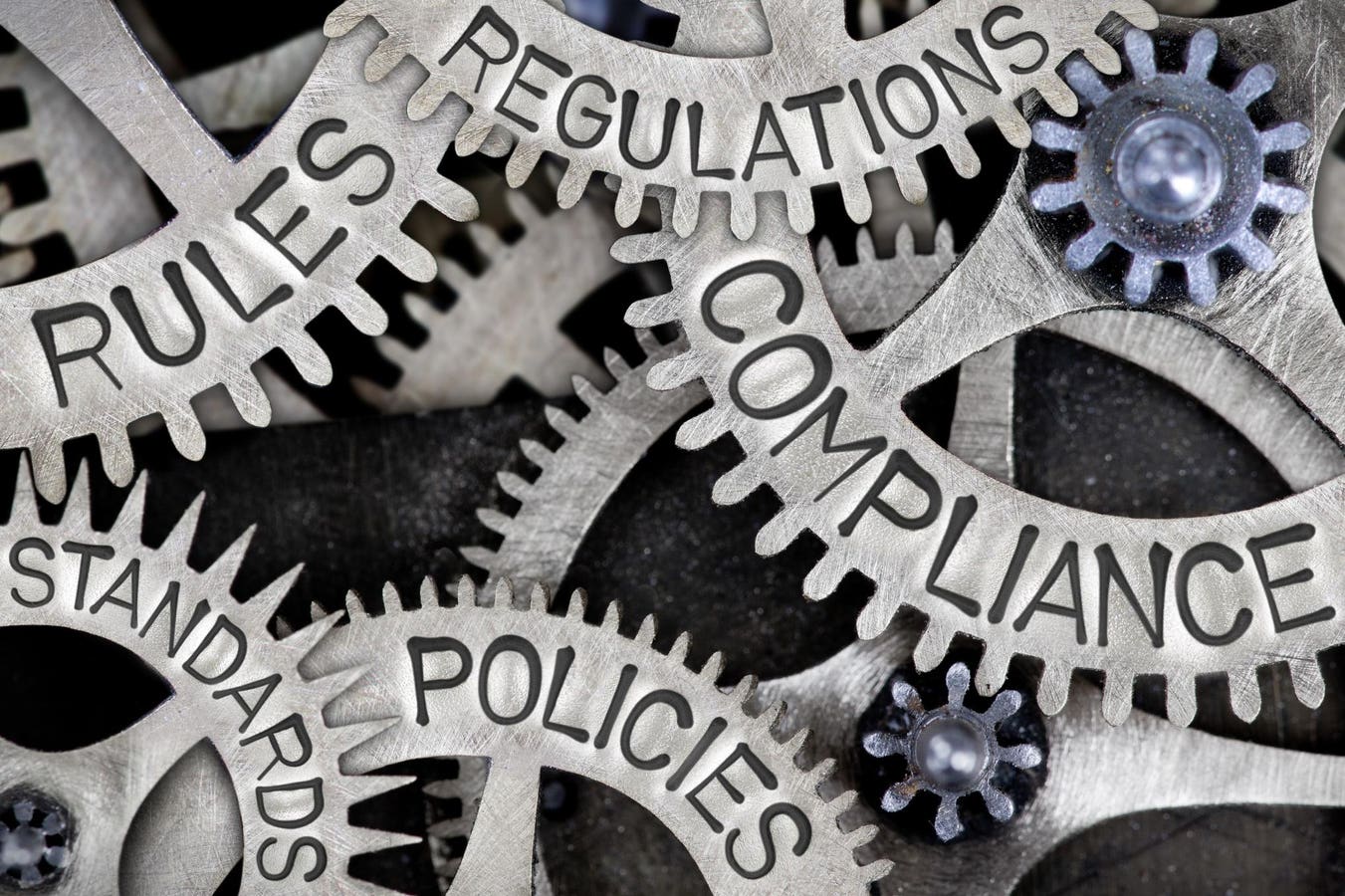When I see how fast AI is advancing in our world and underpinning everything, I immediately seek to appreciate how rapidly board directors and C-Levels are skilling up to advance their organization’s leadership in ensuring AI is applied responsibly.
Governance can be defined as: the system by which entities are directed and controlled. It is concerned with structure and processes for decision making, accountability, control and behaviour at the top of an entity.
I did my board director certification about a year ago and I learned I could make a career out of simply trying to understand what good governance means, let alone striving to apply it in my day to day leadership or board governance activities.
One of the most significant attributes of good governance is to ensure that you understand who all your stakeholders are, and have a strategy to develop and strengthen stakeholder confidence. A strong board governance process will also ensure that there is a solid business strategy and governance framework in place for planning, implementing and monitoring the performance of the business strategy to ensure the best results are possible. A strong governance process will always ensure it understands well its constantly changing external environment and building risk management practices to ensure new technologies can be effectively integrated into an organization’s culture – which will require leadership commitment, resourcing capacity planning, and ensuring an effective change journey roadmap is clearly understand that is coherent at the board, C-Suite and employees.
So given this lense on what governance means, lets look at AI Governance and see what is important.
According to IBM, AI Governance is the ability to direct, manage and monitor the AI activities of an organization. This practice includes processes that trace and document the origin of data, models and associated metadata and pipelines for audits. IBM’s definition of AI Governance is good from an AI modelling and data point of view but it does not stress the importance of talent management in its AI governance definition.
Based on what I have learned over ten plus years researching and designing and building AI solutions for mid to large enterprises, the most important AI governance building block is the strategy framing and case for action.
Key questions I like to ask first are:
1.) Is AI important to your business model, and if so why is it?
2.) What problems are the most significant in your organization that AI could add value to help you solve?
3.) What new products/services/solutions can you augment to evolve your current business model where AI can offer you a viable competitive advantage?
4.) Who are the world’s top global leaders in AI in your industry that you can learn from?
5.) What are your customers asking of you as it relates to AI? Have you spoken to them? What are they doing in AI and what can you learn from them?
6.) What are your closest competitors doing with AI that you can learn from or be impacted by?
7.) Do you have sufficient quality data internally to solve the problems/use cases/challenges that have identified?
8.) Do you have all the stakeholders identified that you would need to successfully execute a series of AI initiatives?
9.) Do you have the talent internally to help advance a viable business strategy and operating plan or will you require external support?
10.) Do you have a business case and a risk acute implementation plan that can focus your execution pathway?
These are just 10 of the many questions that can be asked at your board of directors or C-Suite on your AI governance strategy framing to help your organization get on a solid governance trajectory early on versus going down a rabbit hole that is far too narrow and cannot be sustained.
If you recall years ago IBM had its wonderful THINK Slogan— This slogan is particularly relevant given the excitement that AI is unleashing at the same time, the period that we are in is like the wild wild west and the most important role of a board director from a governance perspective is to ensure the right questions are asked and manage risk in other words, THINK before running is key.
Unless board directors are trained carefully on AI and are taught the right questions to ask to manage AI risk, the success of so many organization’s AI initiatives will be severely marginalized.
Research Sources:
Governance Definition
Read the full article here





